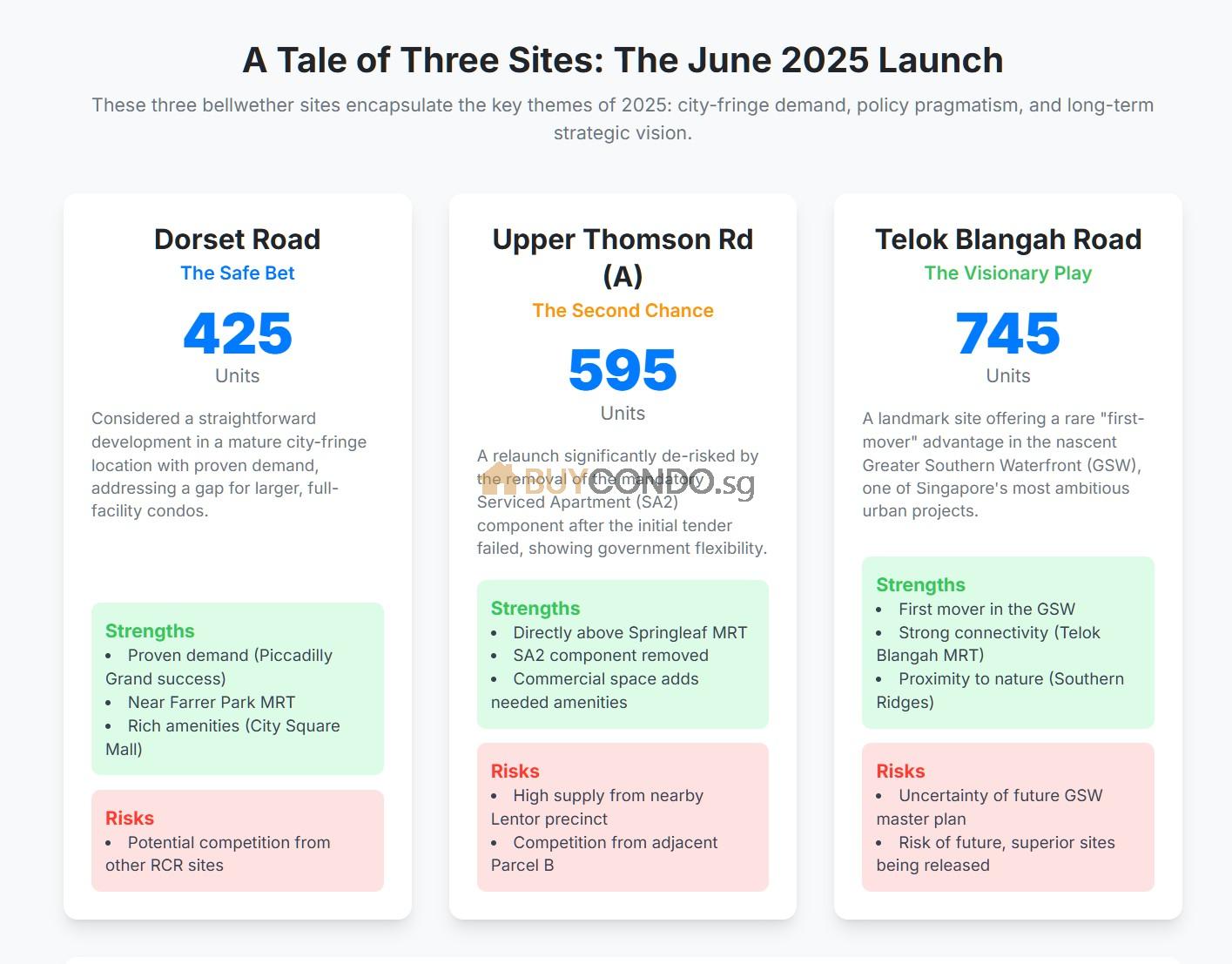Legal and Financial Considerations when getting a property for your Child
A comprehensive guide on the legality and considerations parents should be aware of when helping their child purchase a property in Singapore, including legal age and capacity requirements, financial considerations and tax implications, trusts as a legal mechanism, legal documents and agreements, potential risks and liabilities, estate planning and inheritance considerations, safeguarding legal interests, practical implications of setting up a trust, case studies and expert opinions, and a compelling call to action.
Legal Age and Capacity Requirements for Property Ownership
In Singapore, the legal age for property ownership is 21, and individuals below this age are legally incapable of owning property. This requirement serves as a crucial foundation for parents who are considering assisting their child in purchasing a property. For instance, if a parent intends to buy a property for their child before they reach the legal age of property ownership, they must understand that legal ownership cannot be transferred to the child until they come of age. This underscores the importance of considering the timing of the purchase in alignment with the child’s age and legal capacity to own property.
Understanding the implications of age and capacity requirements is crucial for parents when helping their child buy a property in Singapore. For example, a parent may consider a scenario where they wish to purchase a property for their 18-year-old child. In this case, the parent needs to be aware that the legal ownership of the property cannot be immediately transferred to the child until they reach the age of 21. This example highlights the significance of aligning the property purchase with the child’s legal capacity to own property, ensuring that the transaction complies with the legal requirements and safeguards the child’s interests.
Furthermore, evaluating the child’s capacity to understand and manage the property is another significant aspect that parents need to consider when facilitating a property purchase for their child. This involves assessing whether the child comprehends the responsibilities and obligations associated with property ownership, such as maintenance, financial implications, and legal rights. Parents must ensure that their child’s readiness to take on these responsibilities aligns with the decision to assist them in purchasing a property. By carefully evaluating the child’s capacity, parents can make informed decisions and take appropriate steps to support their child in navigating the legal and practical aspects of property ownership in Singapore.
Financial Considerations and Tax Implications
When it comes to helping a child purchase a property, parents need to take into account various financial considerations and tax implications. One of the key financial aspects to consider is the overall cost of buying a property. This includes evaluating the down payment required and considering potential mortgage loans, which can significantly impact the financial commitments involved in the property purchase.
Understanding the financial implications of property purchase is essential for parents. For example, a parent considering the purchase of a residential property for their child needs to evaluate the affordability of the property, factoring in the down payment and ongoing mortgage payments. This example illustrates the importance of thorough financial planning to ensure that the property purchase aligns with the parent’s financial capabilities and long-term goals for their child’s future.
Additionally, it’s crucial for parents to be aware of the tax implications associated with assisting their child in buying a property. Furthermore, parents should carefully consider the implications of the Additional Buyer’s Stamp Duty (ABSD), which can affect the overall financial outlay associated with the property purchase. Understanding these tax responsibilities and financial commitments is essential for parents as they navigate the process of helping their child acquire a property in Singapore.
For example, if a parent is considering purchasing a property for their child through a trust, they would need to evaluate the financial impact of the property acquisition, including the ongoing maintenance costs and potential rental income. Moreover, they would need to carefully consider the tax implications of any rental income generated from the property trust, ensuring compliance with relevant tax regulations. This example illustrates the importance of thorough financial planning and tax considerations when assisting a child in purchasing a property.
 Trusts as a Legal Mechanism
Trusts as a Legal Mechanism
When parents in Singapore opt to use trusts to purchase properties for their children, they establish a legal structure that differentiates between legal ownership and beneficial ownership. This means that while the parents are the legal owners of the property, the child becomes the beneficial owner, reaping potential tax benefits and protection from creditors.
For example, a parent may set up a trust to purchase a residential property for their child, where the child is designated as the beneficiary. In this scenario, the child will benefit from any income generated by the property, and the trust can offer protection from creditors or legal claims against the parent’s assets. Furthermore, using a trust can also provide an avenue for potential tax optimization, ensuring that the child receives the income from the property under favorable tax conditions.
Moreover, the establishment of a trust creates a legal framework that defines the roles and responsibilities of the settlor, trustee, and beneficiary. It delineates the conditions under which the trust may expire and specifies the powers conferred on the trustee, providing a comprehensive legal mechanism for the property acquisition process. Additionally, it’s important to note that the trust deed must be executed and the assets transferred into the trust to set up a trust over the property, highlighting the procedural and legal aspects involved in utilizing trusts for property purchase.
Furthermore, trustees have the authority to deal with the property as specified in the trust instrument, which emphasizes the legal framework that governs the management of the property for the child’s benefit. This legal mechanism demonstrates the significance of utilizing trusts to safeguard the child’s interests and provide potential financial benefits, while ensuring compliance with legal requirements and responsibilities.
 Legal Documents and Agreements
Legal Documents and Agreements
One crucial document involved in this process is the trust deed, which outlines the terms and conditions of the trust arrangement. For example, the trust deed specifies the roles and responsibilities of the settlor, trustee, and beneficiary, as well as the conditions under which the trust may expire. It also delineates the powers conferred on the trustee and the provisions for the termination of the trust, providing a comprehensive legal framework for the property purchase process.
Consulting with a property lawyer is highly recommended to ensure a thorough understanding of these legal documents and agreements.
In addition to the trust deed, parents may also need to consider other legal documents and agreements, such as the transfer of property ownership, financing arrangements, and regulatory approvals, depending on the specific circumstances of the property purchase. These documents play a critical role in establishing the legal framework for the property acquisition and ensuring compliance with relevant laws and regulations.
Potential Risks and Liabilities
When parents assist their child in buying a property, there are several potential risks and liabilities that need to be carefully considered. One significant consideration is the potential legal complications that may arise, particularly in the context of divorce proceedings. For example, if the property is not managed appropriately, it can have implications on divorce settlements and the distribution of assets. This is an important aspect for parents to be aware of, as it directly impacts the long-term security of the property intended for their child.
Another crucial risk to address is the potential liabilities that may arise from the property purchase. Parents need to understand the financial and legal responsibilities associated with the property, especially if they are involved in the purchase process or if they hold the property on trust for their child. By recognizing and addressing these potential risks and liabilities, parents can take proactive steps to safeguard their and their child’s interests in the property, ensuring that the purchase is a secure and beneficial investment for the family’s future.
Moreover, parents should seek expert advice and guidance from legal professionals to navigate these potential risks and liabilities effectively. Consulting with experienced property lawyers, such as those available through Singapore Legal Advice, can provide invaluable insights and strategies for mitigating these risks, ensuring a smooth and legally sound property purchase process for the child. By addressing these potential risks and liabilities, parents can make informed decisions and take the necessary precautions to protect their child’s property investment in Singapore.
Additionally, parents should also consider the implications of unforeseen circumstances, such as divorce or financial disputes, and take appropriate measures to safeguard their legal interests. This may involve considering the potential impact of the property acquisition on divorce proceedings, which underscores the importance of documenting intentions and seeking legal counsel to mitigate any associated risks. By addressing these legal aspects comprehensively, parents can navigate the complexities of property acquisition for their child with greater confidence and legal protection.
Estate Planning and Inheritance Considerations
When parents assist their child in purchasing a property, estate planning considerations, particularly in the context of inheritance and trusts, are crucial aspects to evaluate. It is essential for parents to carefully assess how the property purchase aligns with their overall estate planning and inheritance goals for their child. For example, parents may need to determine the most effective way to structure the property ownership to align with their long-term estate planning objectives. This may involve exploring options such as setting up a trust to hold the property for the child’s benefit, ensuring that the property is managed and distributed in accordance with their intentions and the child’s best interests.
Moreover, considerations related to potential tax implications, such as the impact of property ownership on estate taxes and the distribution of assets, need to be thoroughly evaluated as part of the estate planning process. This may involve seeking specialized advice from estate planning professionals or lawyers to ensure that the property purchase aligns with the broader estate planning strategy and goals. By taking a comprehensive approach to estate planning and inheritance considerations, parents can proactively address potential challenges and ensure that the property purchase for their child is integrated into their broader wealth management and succession planning objectives.
In conclusion, parents should carefully consider how the property purchase for their child fits into their overall estate planning and inheritance goals, seeking professional advice and guidance when necessary to ensure a comprehensive and effective approach to property acquisition within the broader context of their estate planning strategy.
 Safeguarding Legal Interests
Safeguarding Legal Interests
When safeguarding legal interests in the context of helping a child purchase a property, it is essential for parents to take into account various legal considerations. Documentation of intentions in writing and the drafting of a will are fundamental steps to ensure clear directives for the ownership and management of the property. For example, specifying in the will how the property should be managed and distributed can provide clarity and prevent potential disputes among beneficiaries.
Moreover, seeking legal advice from experts, such as those available through Singapore Legal Advice, can play a crucial role in ensuring that parents’ legal interests are properly safeguarded. Legal professionals can provide guidance on the intricacies of property ownership, trust establishment, and potential estate planning implications, offering tailored advice to address the specific needs of the parents and their child. By proactively engaging with legal experts, parents can gain a thorough understanding of their legal rights and responsibilities, which is particularly important in the case of property acquisition for their child.
Furthermore, parents should also consider the implications of unforeseen circumstances, such as divorce or financial disputes, and take appropriate measures to safeguard their legal interests. This may involve considering the potential impact of the property acquisition on divorce proceedings, which underscores the importance of documenting intentions and seeking legal counsel to mitigate any associated risks. By addressing these legal aspects comprehensively, parents can navigate the complexities of property acquisition for their child with greater confidence and legal protection.
Practical Implications of Setting Up a Trust
When parents consider setting up a trust to facilitate their child’s property purchase, various practical implications come into play. Firstly, financing the property purchase becomes a crucial consideration. Parents need to evaluate the financial commitments involved, including the initial cost, potential mortgage loans, and ongoing expenses related to property maintenance and management. For example, if a parent decides to establish a trust to purchase a private property for their child, they must carefully assess the financial resources required to ensure sustainable ownership and management of the property.
Moreover, the implications on the beneficiary, in this case, the child, need to be thoroughly examined. It’s essential for parents to envision how the property ownership will impact the child’s financial future and overall well-being. For instance, understanding the potential tax liabilities and benefits for the child arising from the trust arrangement is a critical aspect that should be carefully deliberated. This includes considering the tax implications of the income generated from the property and the impact of the Additional Buyer’s Stamp Duty (ABSD) on the child’s future property transactions in Singapore.
Additionally, parents should consider the practical implications of managing the trust property, including the responsibilities and potential challenges associated with the trustee’s role. This involves ensuring that the property is effectively managed for the child’s benefit, addressing maintenance and contractual obligations, and making decisions that align with the child’s best interests. By thoroughly considering the practical implications of setting up a trust, parents can ensure that the decision to facilitate their child’s property purchase is well-informed and aligned with their child’s long-term financial security and well-being.
Case Studies and Expert Opinions :Legal and Financial Considerations when getting a property for your Child
One case study involves a parent who purchased a property for their child through a trust in Singapore. The parent acted as the trustee, managing the property for the child’s benefit until the child reached the legal age of ownership at 21. This scenario demonstrates the legal mechanism of using trusts to facilitate property ownership for minors, highlighting the distinction between legal and beneficial ownership. It also showcases the potential advantages of setting up a trust, such as protection from creditors and potential tax benefits for the child.
Another case study involves a family navigating divorce proceedings, where the parents had contributed to the purchase of a property for their child. The legal and financial implications of such contributions in the context of divorce settlements underscore the importance of safeguarding legal interests and documenting intentions when assisting a child in property ownership. This real-life example emphasizes the need for proactive legal measures to protect both the parent’s and child’s interests in the property, shedding light on potential risks and liabilities involved in these scenarios.
Furthermore, expert opinions from property lawyers can provide tailored guidance based on individual circumstances. For instance, a property lawyer may offer insights on setting up a trust for a child’s benefit, addressing practical implications and considerations such as financing the property purchase, trust termination conditions, and future home loan eligibility. These expert opinions contribute to a nuanced understanding of the legal complexities and financial considerations associated with helping a child purchase a property in Singapore, empowering parents to make well-informed decisions.
In conclusion, the legal, financial, and practical aspects of helping a child purchase a property in Singapore are complex and require thorough understanding. It is crucial for parents to carefully consider the legal age and capacity requirements for property ownership when assisting their child in buying a property. The legal age for property ownership in Singapore is 21, and individuals below this age are legally incapable of owning property. A pertinent example to consider is when parents need to evaluate their child’s capacity to understand and manage the property before assisting in the purchase. Understanding these requirements is essential to ensure that the child is legally capable of owning the property and managing it effectively.
Moreover, parents should also be mindful of the financial considerations and tax implications associated with helping their child purchase a property. This includes carefully evaluating the cost of buying a property, down payments, potential mortgage loans, and tax implications for income from the property and the Additional Buyer’s Stamp Duty (ABSD). For instance, parents need to be aware of the financial commitments and tax responsibilities to make informed decisions when assisting their child in a property purchase. Understanding these considerations is vital to ensure that the financial aspects are managed effectively, and potential tax implications are addressed appropriately.
Given the complexities involved, it is imperative for parents to explore further details and expert guidance on the legal aspects of property purchase. This valuable resource can provide practical perspectives, expert opinions, and case studies to help parents make well-informed decisions and safeguard their legal interests effectively.














